Society
How people group together, organise their rules and systems are all part of what create a society. In this section articles examine the nature of society how it interacts with other themes of culture, power, etc. and how societies have developed and changed over time. The structures of the ancient world are explored as are the complex feudal systems and the varied societies of Empire and modernity.
Sort by:
Date (Newest first) | Title A-Z
Show:
All |
Articles |
Podcasts |
Multipage Articles
-

1968: the year of reckoning
ArticleClick to view -

70 years – 70 ‘things’ that tell our story
ArticleClick to view -

A fit country for heroes?
ArticleClick to view -
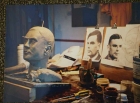
A tale of two Turings
ArticleClick to view -
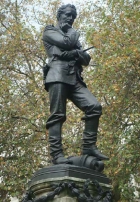
A tale of two statues
ArticleClick to view -
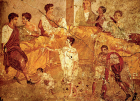
Anything but enlightened: child slavery in the Roman world
ArticleClick to view -
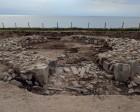
Archaeology on the edge
ArticleClick to view -

At home with Amanda Ira Aldridge
ArticleClick to view -
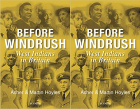
Before Windrush: West Indians in Britain
ArticleClick to view -
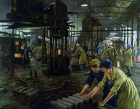
Britain and the First World War: not just battles
ArticleClick to view -

Britain’s Jews and the First World War
ArticleClick to view -
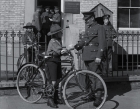
British organised youth and the First World War
ArticleClick to view -

Cinderella dreams: young love in post-war Britain
ArticleClick to view -
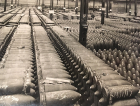
Civilian expertise in war
ArticleClick to view -
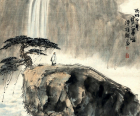
Connecting poetry, philosophy and landscapes in Ancient China
ArticleClick to view -
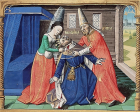
Coroners, communities, and the Crown: mapping death and justice in late medieval England
ArticleClick to view -

Croydon’s Tudor and Stuart inns
ArticleClick to view -

Disease and healthcare on the Isle of Man
ArticleClick to view -
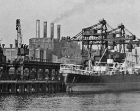
Doing history: Contemporary narratives and the legacy of the Dagenham Ford Factory Strike of 1968
ArticleClick to view -

Doing history: Manorial Court Records
ArticleClick to view

